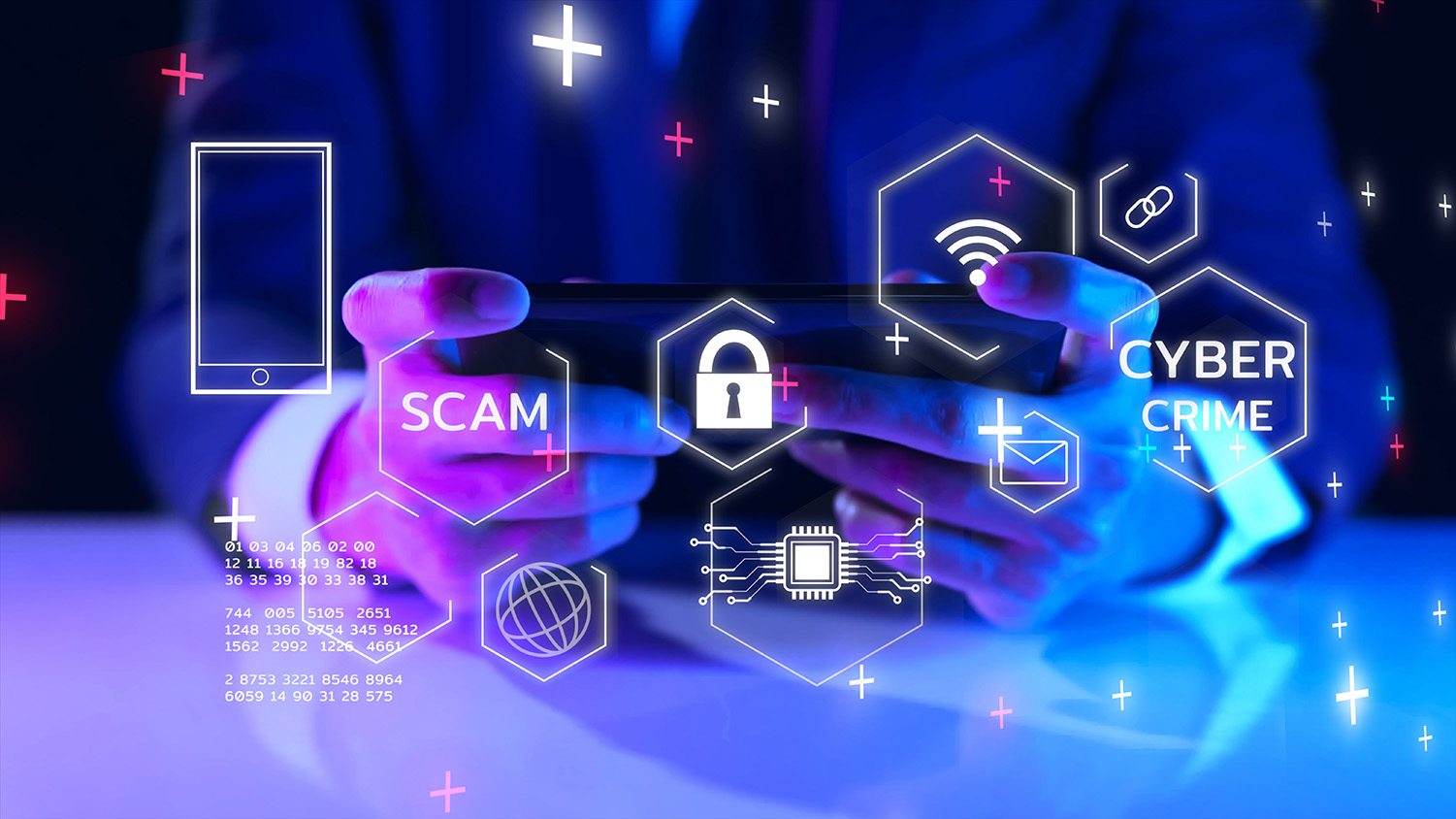Everyone always had advice on how to create a password… but what about how not to create a password? In other words, what are the things you should never do if you want to create and maintain a solid collection of passwords? Here are a few things to keep in mind.
Don’t use a word found in the dictionary.
Don’t ever create a password that consists of one lone word that can be tracked down inside a dictionary. When a group of hackers play out a brute force attack, automated software basically throws out a bunch of guesses until they find the correct password. And typically, dictionary words are the first guesses thrown out.
Don’t reuse passwords.
This goes two ways. Never take a password you’ve used in the past and use it for a new account, and never take a password that is currently being used on one account and use it for a second account. This is because if one account gets hacked, any account relying on the same credentials could also be hacked – and it won’t even be hard. All a hacker has to do is plug-and-play, no hacking necessary.
Don’t use a common phrase.
Just like it’s easy to crack a dictionary word, it’s also pretty easy to crack a password created from a common phrase… something like “ilovelove” or “peanutbutteandjelly” or “tobeornottobe.” Password-cracking software will automatically check for combinations like these, too.
Don’t use an ordered sequence of numbers.
Everyone says to throw numbers and characters into your passwords to make them stronger, and that’s a solid tip. However, it doesn’t always help. For example, throwing a 1 or 123 onto the back or front of a password won’t do anyone any good except a hacker. To legitimately strengthen your password, shoot for random combinations of numbers (5024 versus 1234) or a random placement (pass5024word versus password5024).
Don’t use something that can be found on social media.
Sometimes hackings are targeted and closer to home. It’s not always a massive attack on a random website. Because of this, you need to be careful with the “things” you base your passwords off. For example, using your spouse’s name or your favorite football team as your password isn’t a good idea. This type of information can quickly be found on your social media profiles.
Don’t write your passwords down.
For some weird reason, people think it’s okay to write down their passwords and keep them on their desks or stored in a drawer. This is a terrible idea. Random hackers from some far-off country aren’t the only sources of hackings. A hacking could happen right in your own background and even inside your own office. Don’t leave your password laying around from someone to pick up and do what they please with.
Don’t share your passwords.
Never at any point is it okay to just give your passwords out. Even if it is a trusted friend or your brother from another mother, don’t do it. They may not do it intentionally but there’s always the possibility that your password could get loose. It’s better to play it safe and keep your passwords to yourself.
The Internet can be a very dangerous place, which is why it’s important to have strong passwords as your first line of defense. If you’d like to learn more about internet security and best practices, contact us today!




